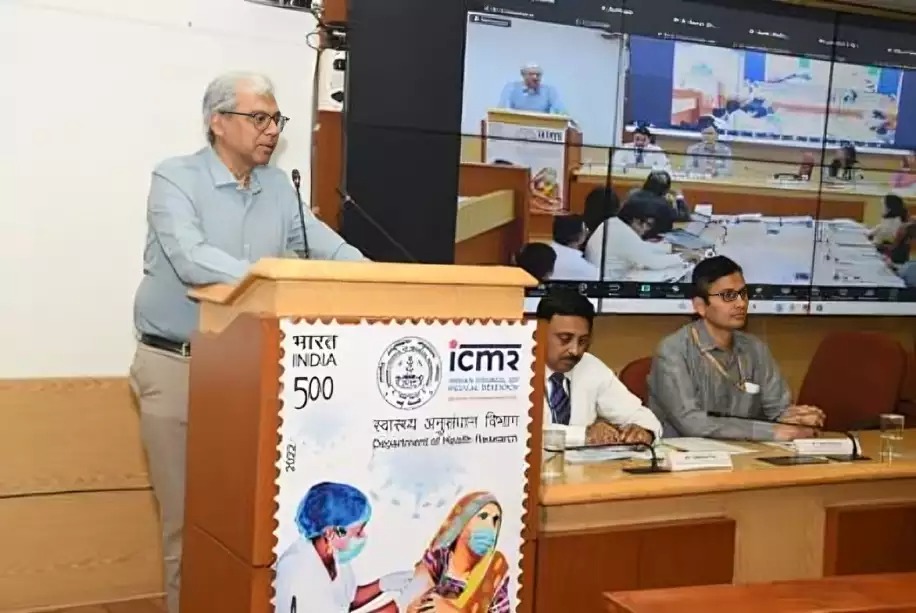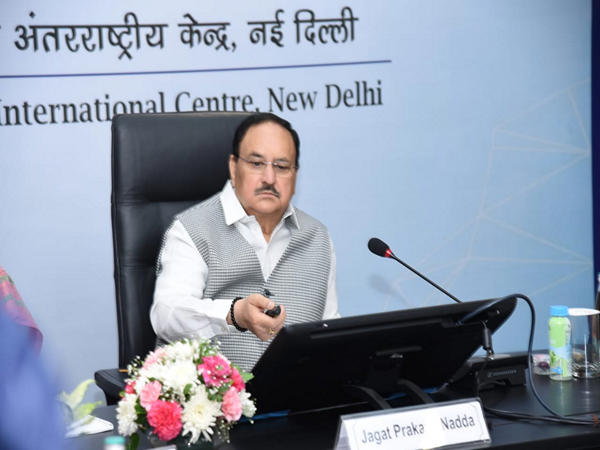ICMR Initiates Pioneering Study to Develop Real-Time Surveillance System for Zoonotic Spillovers
The Indian Council of Medical Research (ICMR) has launched a groundbreaking inter-ministerial scientific study aimed at developing India's first real-time early warning system to detect zoonotic diseases that may spill over from birds to humans.

The Indian Council of Medical Research (ICMR) has launched a groundbreaking inter-ministerial scientific study aimed at developing India’s first real-time early warning system to detect zoonotic diseases that may spill over from birds to humans. This initiative underscores the nation’s commitment to proactive public health strategies in the wake of increasing global zoonotic threats.
Study Overview and Objectives
The comprehensive study will be conducted across select bird sanctuaries and wetlands in Sikkim, Maharashtra, and Tamil Nadu. By leveraging the One Health approach, which integrates human, animal, and environmental health, the study aims to:
Develop a real-time surveillance model to detect and diagnose zoonotic diseases in bird sanctuary workers and nearby residents.
Conduct periodic sampling of birds and environmental specimens to screen for emerging pathogens.
Utilize advanced diagnostic tools, including Next Generation Sequencing (NGS), for the early identification of novel infections.
Collaborative Efforts and Methodology
This initiative represents a collaborative effort among multiple ministries, including the Ministry of Environment, Forest and Climate Change; Ministry of Health and Family Welfare; and the Ministry of Agriculture. The study will monitor the health of migratory birds, sanctuary workers, and local communities, recognizing the interconnectedness of forest ecosystems, avian populations, and human health.
By integrating wildlife health, environmental science, and human health, the study aims to establish a robust framework for early detection and containment of potential zoonotic diseases.
Statements from Key Officials
Dr. Rajiv Bahl, Director General of ICMR, emphasized the significance of the study:
“Just as a strong radar system is essential for timely and precise action, robust surveillance systems are critical for early detection and containment of emerging health threats. Scientific departments have a pivotal role in developing innovative tools and advancing research to strengthen these surveillance ‘radars’ which can be implemented in a programmatic manner.”
Dr. Ranjan Das, Director of the National Centre for Disease Control (NCDC), highlighted the importance of understanding zoonotic spillover mechanisms:
“Strengthening surveillance at the human-animal-environment interface will significantly enhance India’s preparedness for future outbreaks.”
Context and Rationale
The study comes at a critical time, with recent incidents underscoring the urgency of proactive measures. For instance, a two-year-old girl in Andhra Pradesh recently succumbed to the H5N1 bird flu virus after consuming raw chicken, marking India’s first death from the virus since 2021.
Bird sanctuary workers, including rescue teams and veterinarians, are particularly vulnerable due to their close proximity to wild and migratory birds. The interconnectedness of forest ecosystems, avian populations, and local human communities necessitates vigilant surveillance to prevent potential spillovers.
Future Implications
The findings from this study are expected to play a pivotal role in enhancing India’s preparedness for future zoonotic disease outbreaks. By establishing a real-time surveillance model, the initiative aims to serve as an early warning system for zoonotic spillovers, enabling quicker identification and response to potential public health threats.






